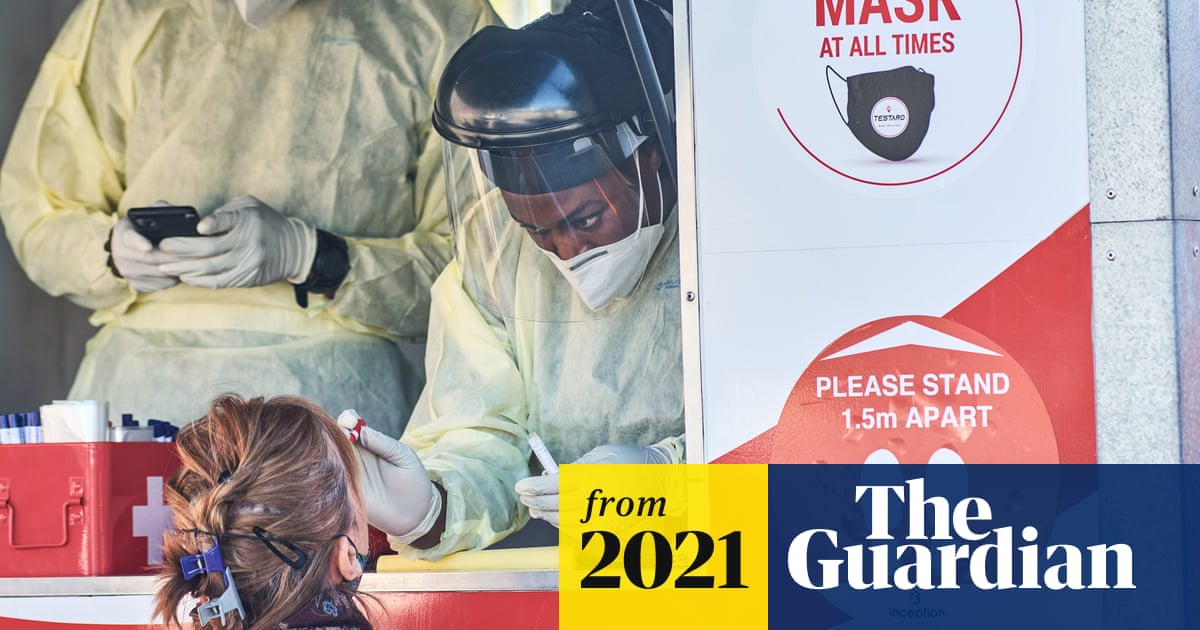Are the current vaccines effective against this variant?
Isn’t it interesting how before COVID we seemed to be in a state of relative virus stability, and now it seems like this situation, just won’t go away. How long before the next new bug assaults the species?

Two things to keep in mind:
1) Humanity’s ability to track virus strains like this is relatively recent. So we’re able to see a novel virus adapting to a new host in real time across a global human population for the first time.
2) This isn’t the first time these sort of adaptive mutatations happened in the context of a global pandemic.
An example is that the 1918 pandemic‘s lethality during the second wave was
likely enabled by mutations after the first wave. It wasn’t like Influenza was a new disease at that point. We just got introduced to a strain that hadn’t circulated widely in humans which happened to have a couple really nasty adaptations already, and then picked up a couple more as it spread among humans.
That 1918 pandemic took two years to subside. Many influenza pandemics do, like the 1956-1958 influenza pandemic that killed 2 million. The HIV pandemic itself is considered to run from 2005-2012, and has killed 35 million, despite being a virus we knew about (and basically failed to act on) in the 80s. So this pandemic isn’t even an outlier, to be honest. For it being a novel virus that only recently jumped to humans, especially.
It sounds like they're not sure at this point because the variants appear to be all over the map, hopefully we'll know more in a couple of more weeks but it sounds alarming.
I think as long as we have such a large portion of the population unwilling to vaccinate that this problem won't go away, all it does is allow the virus to mutate and spread when we don't contain it in its current state. Wish more people would listen to the science.
Exactly. While we can see a new strain popping up, and that it is out competing the old strain, we don’t yet know what that means in the long run: How much more contagious is it? How serious is the infection itself with these changes? How effectively does it bypass current vaccine protections?
So far, we’ve been lucky in that it’s mostly been more contagious, with minor capacity to bypass the existing vaccine. But the concern is that there’s no reason to believe it will hold true for every random mutation the virus could undergo. And a truly novel virus in a population that can’t defend against it all that well means a lot of opportunities to mutate.
Yeah, a good vaccination drive was our first real opening at shutting this down quickly, and bringing it under control such that it could be managed like Influenza currently is. Unfortunately, we botched that up, so we’re having to “go the long way around” to that sort of management. Wouldn’t be the first time, either.





